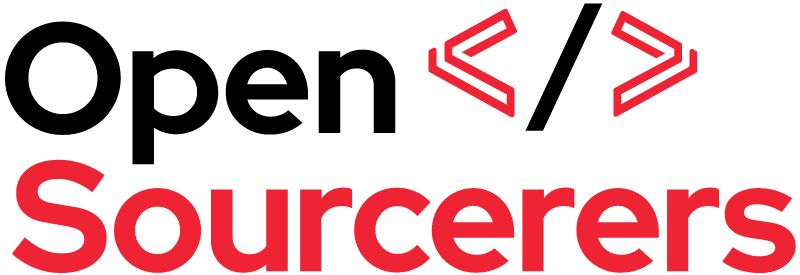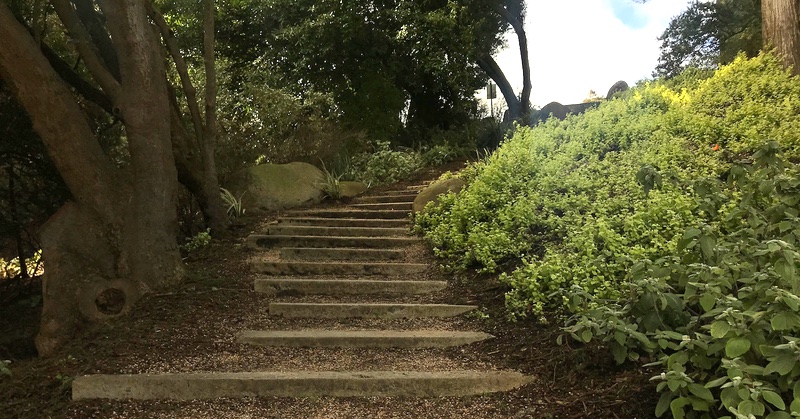In my article “Five lessons learned on leadership in an Open Organization” I described my personal journey of moving into my first people management role at Red Hat. I also shared some of my best practices around leadership and approaches towards making a team successful in an Open Organization. Back then, I could not believe I would get harshly kicked out of my personal comfort zone so soon. Before I go there let me add some context. In the beginning of 2021 my team grew from seven to twelve members. This effectively meant that I needed to significantly decrease my time invested in making my associates successful. Then in April a colleague became sick and I was asked to take over the responsibility of another team with a rather different profile. And finally this team’s responsibilities had changed over the course of the year and were therefore mostly unclear.
The most challenging period in my career
I soon realised that I was in the middle of the most challenging period in my career as a leader:
- 19 team members deserving my time and dedication
- Two teams with different responsibilities and characteristics
- Massive uncertainty and many decisions avoided
- It seemed impossible to complete all of my daily work in the high quality it deserved
Now that I write this article the most challenging five months of my career as a leader applying Open Management principles are behind me. I can confidently say that I successfully got through this period. Moreover, stepping out of my comfort zone really made me grow personally. This is why I am proud to share my learnings and essential tips which helped guide me and allowed me to grow.
These tips help you to deal with challenging periods in your career
#1 Preparing for the challenge
- Try to see change and the resulting challenges in a positive way (try to develop a so called growth mindset)
- When taking new assignments, make the impact of the additional work transparent
- Layout a plan for yourself and reflect under which conditions things could work out
- Take time to reflect on the upcoming change and sleep a night or two on it. Simply don’t rush your decision!
- Take a conscious and timely (!) decision: either accept the challenge or seek an alternative option
#2 Setting the right expectations
- Challenging situations require setting expectations right and being honest to yourself and others
- Communicate and manage expectation towards yourself, your management (= upwards), and your associates (= downwards)
- Openly address your doubts, weaknesses and obstacles you foresee
- Be clear & honest about what can be achieved, which risks are on the horizon and which outcomes seem impossible
#3 Getting things started
- Challenging situations often mean that you have a crowded agenda; effectively this translates into having less time for even more tasks.
- Crucially prioritise every item on your agenda and concentrate on first things first
- Focus only on things that “will make the boat go faster”
- Learn to say “no” = delete (!) unnecessary items from your agenda and cancel (!) appointments to gain focus time
- Consider delegating even important items to team members you trust
- Understand the impact of Parkinson’s Law on your behaviour: “Work contracts to fit in the time we give it.”
- Layout a plan with your key action items and rigorously execute against it; what is not on your list, simply does not exist!
#4 Keep managing
- Adhere to the “You cannot manage what you cannot measure” principle; build your own measurement system to keep track of the progress (e.g. via milestone plans, an executive summary slidedeck e.g.).
- Define the expected outcome from your team clearly and explain the surrounding conditions
- Provide broad guide rails towards your team and trust them in taking (the right) decisions
- Hold regular conversations with your team and stakeholders to update them on the progress
- Accept you cannot take care of everything, since you simply don’t have enough time. It is ok when some things fail!
- Maintain a positive attitude to the situation and always keep a smile on your face (though it might be difficult sometimes ???? )
#5 Take care of yourself
- Challenging periods in your career can create (negative) stress and effectively move you into your personal danger zone
- Staying in the danger zone for some time pushes your own boundaries and provides the opportunity to learn and grow
- Maintain a healthy balance between your professional and personal life
- Stick to your personal habits & routines and keep them as the highest priority: spend time on things you love, such as your hobbies and your family!
- Do your favourite sport regularly. If you feel like you don’t have enough time, then you MUST remove things from your business agenda
- Don’t stay in the danger zone for too long, since it can have a severe impact on mental health
- Consider your health as the priority number ONE. ALWAYS
What you should take away
During my time at the German Army one of my instructors kept telling us something that really sticked in my mind: “You cannot imagine what your body is capable of, if you just want to accomplish something”. While he was mainly referring to physical aspects, I think there also lies a lot of truth in this statement regarding challenging periods in business. And of course also relating to my personal situation described above.
Now that I have been constantly applying these principles described above for the past couple of months, I can conclude that they really helped me to come out of this stressful period a lot stronger than before I went in. In this regard I observed that taking a conscious decision really feels good; while the uncertainty before just creates negative feelings. On top of that I soon realised that my work brought things forward. I knew that I could not save the world in one day. Instead I felt extremely happy and grateful for each small step my team and I went forward. Moreover I have to confess that the situation which appeared so challenging in the beginning, finally started to feel like business as usual.
Overall I can only encourage you to take challenges in your personal career with a positive mindset. Each of them is a unique opportunity for you to grow!

